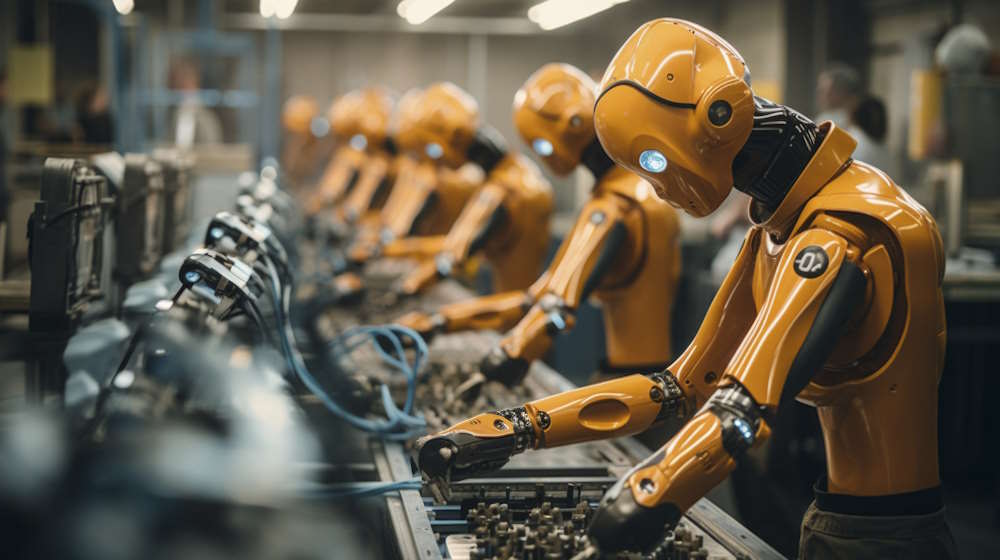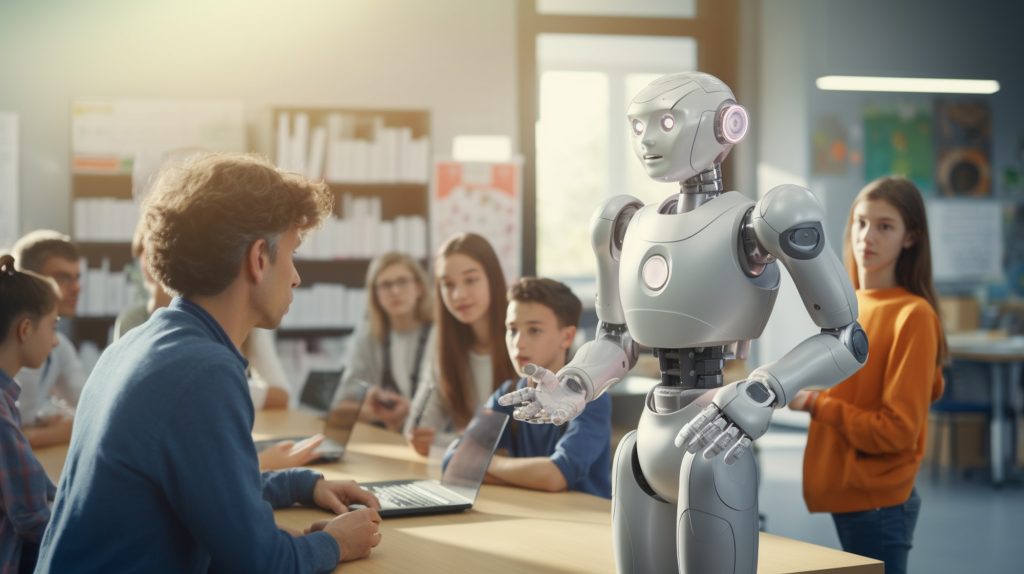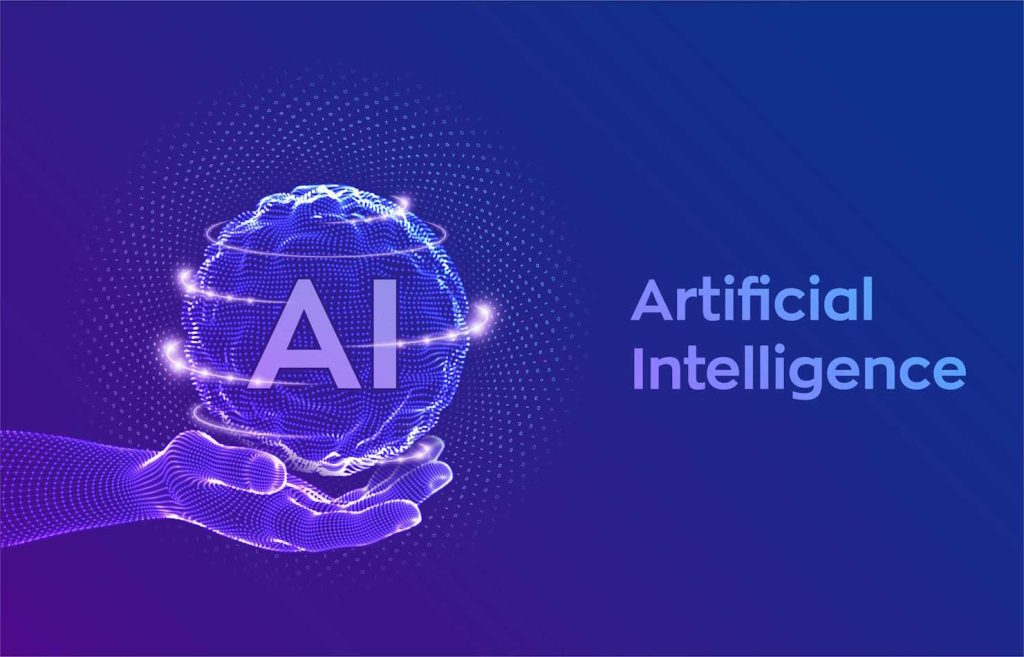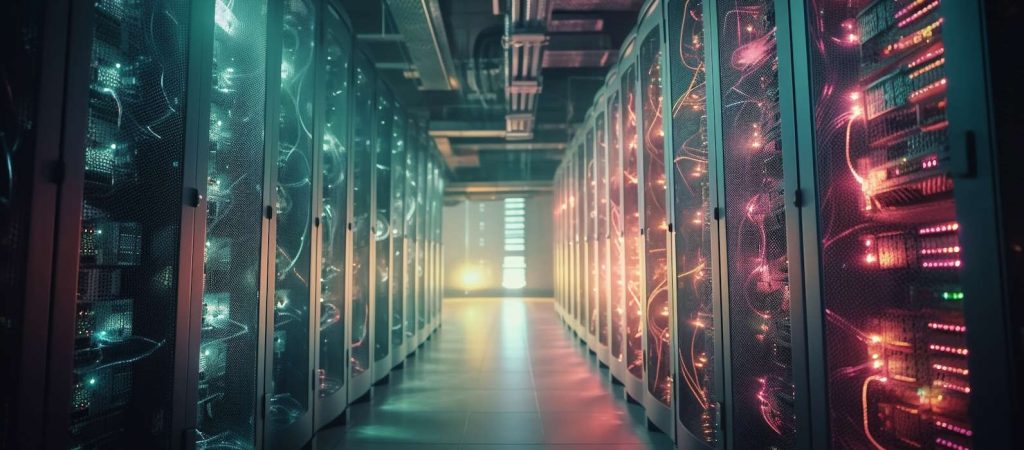A new analysis by the International Monetary Fund (IMF) predicts that artificial intelligence (AI) technology will impact approximately 40% of jobs worldwide. The development of AI will bring significant changes:
- Production with minimal or no human labor
- Rapid and high-quality product manufacturing
- Accelerated innovation and R&D capabilities
- Lower costs
Artificial intelligence technology will not only automate existing jobs but also fundamentally change the way work is done.
These changes will widen the economic gap between countries that rely on labor-intensive work and have limited access to technology and those that utilize AI and robotic technologies. Developed countries, which no longer need cheap labor for high-quality production, will further advance and increase their output. This will exacerbate global inequality, potentially triggering migration and even regional and global conflicts.
Countries with access to processors, AI, and robotic technologies will start to diverge economically from others within the next decade. The widespread integration of AI and robots into the workforce will affect all job sectors globally, quickly widening the gap between manufacturing countries. Economies that have advanced their production through these technologies will face the challenge of reintegrating displaced workers into society and maintaining their economic stability.
In low-income countries, the workforce will be less affected by AI and robot production, and job loss will be minimal. However, accessing high-quality and technological products will become increasingly costly for these populations.
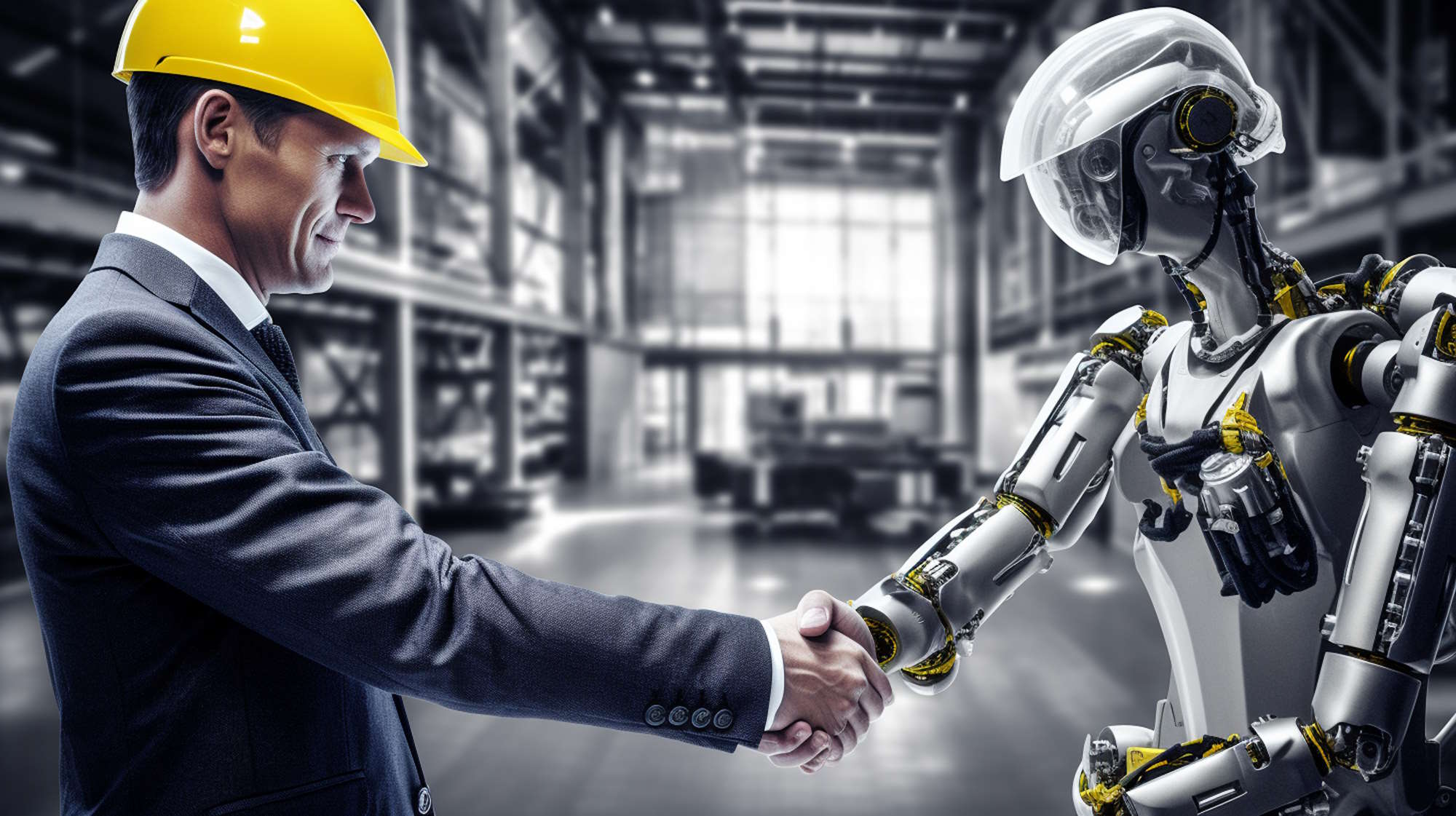
It Is Essential to Redesign Everything with Artificial Intelligence
Nations must redesign their comprehensive social security mechanisms to align with the new century. In the new AI era, re-education, ensuring economic livelihoods, and establishing robust social security systems are critical issues that countries need to address. As AI dominates the economy, owning property will become more difficult, and developed economies must urgently plan for sharing economies and state-provided living support for their citizens.
Before AI begins to transform all professional fields, governments must act proactively and develop highly foresighted strategic plans.
"I believe that in the next decade, we will see a shift from a paradigm where machines assist humans to one where humans support machines." — Joanne Chen, Foundation Capital
Veriyaz supports governments and institutions by providing AI and assistant solutions that facilitate effective and rapid AI integration through human-machine interaction interfaces. These solutions enable more efficient integration of AI technologies, maximizing the benefits derived from them. AI-supported systems can ensure fair and equitable service delivery to all segments of society, thereby enhancing overall welfare.

